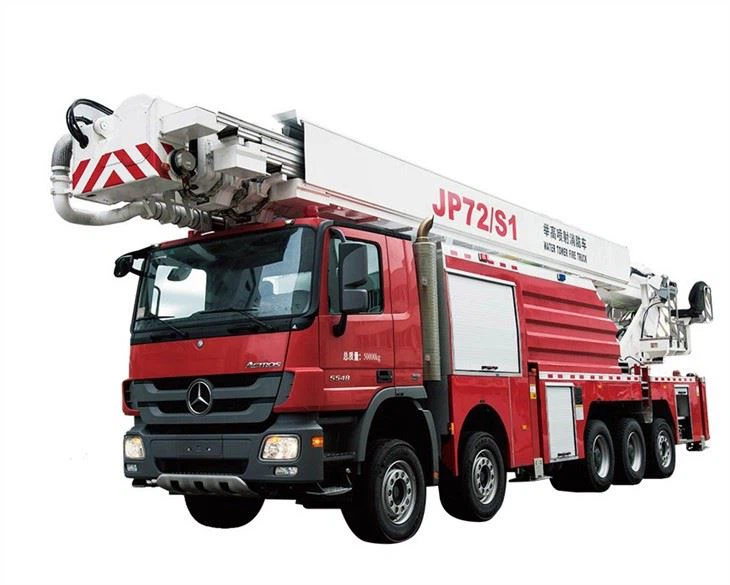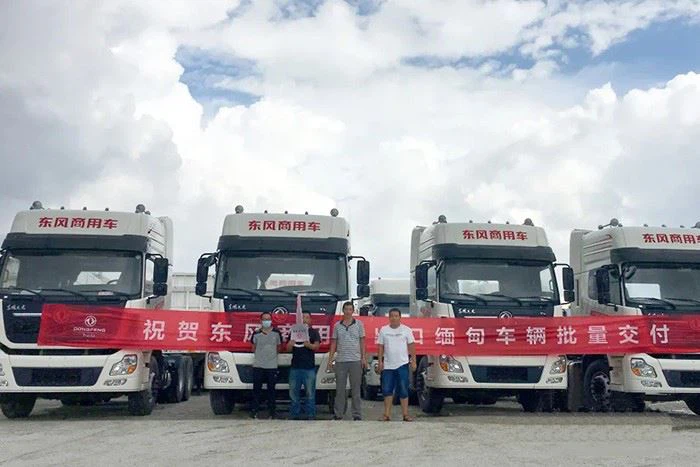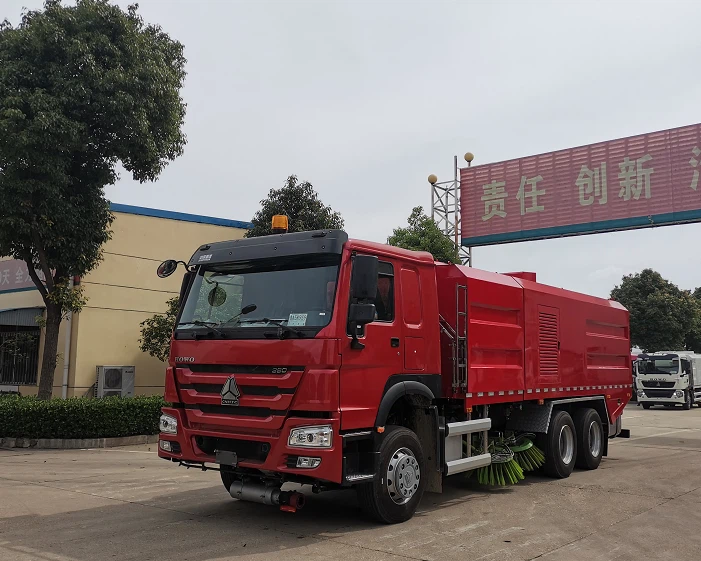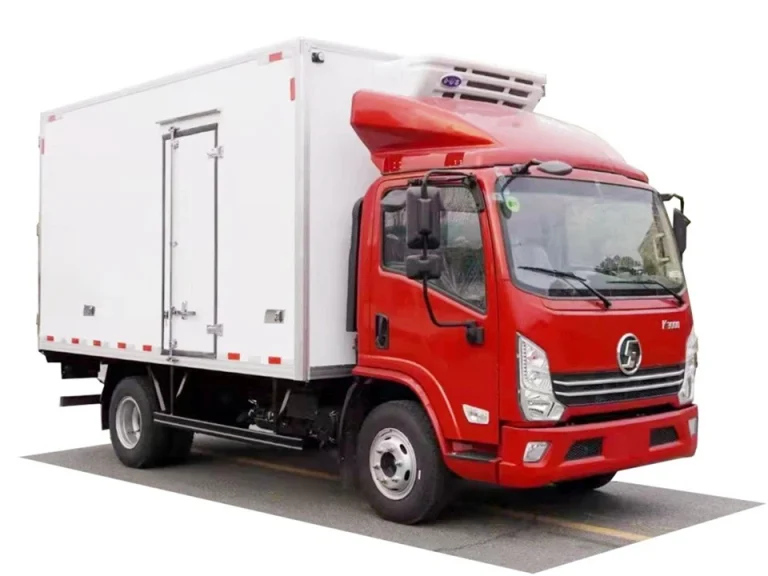Introduction
Garbage trucks play a significant role in waste management, ensuring that our communities stay clean and healthy. While many people are familiar with the standard commercial driver’s license (CDL) garbage trucks, under CDL garbage trucks offer an alternative for those seeking to operate lighter vehicles without the stringent requirements of a CDL. In this article, we will explore the world of under CDL garbage trucks, their benefits, regulations, and practical tips for operators and businesses.
The Basics of Under CDL Garbage Trucks
What are Under CDL Garbage Trucks?
Under CDL garbage trucks are defined as vehicles that have a gross vehicle weight rating (GVWR) of less than 26,001 pounds. This classification means that drivers do not require a commercial driver’s license (CDL) to operate these trucks, making them accessible for small businesses and local waste management operations.
Why Use Under CDL Garbage Trucks?
Under CDL garbage trucks offer several advantages, particularly for small companies and community waste programs:
- Cost-Efficiency: These trucks are often less expensive to purchase and maintain than larger models.
- Less Training Required: Because a CDL is not necessary, training requirements for drivers are less stringent.
- Accessibility: Small businesses and municipalities can easily invest in and operate these vehicles for waste collection.
- Environmentally Friendly Options: Many under CDL garbage trucks are available as hybrids or fully electric, contributing to sustainable waste management.
Regulations Surrounding Under CDL Garbage Trucks
Understanding Weight Limitations
The primary regulation governing under CDL garbage trucks is the weight limitation. Vehicles classified under this category must have a GVWR of less than 26,001 pounds, which encompasses a wide range of models suitable for both residential and commercial waste collection.
State-Specific License Requirements
While a CDL is not required, some states may have their own regulations requiring specific licenses or permits for driving waste collection vehicles. It’s essential to check local laws to ensure compliance.
Insurance and Liability Considerations
Just like traditional garbage trucks, under CDL models require appropriate insurance coverage. Operators need to consider liability insurance as well as specific waste collection insurance that addresses potential hazards specific to waste handling.
Types of Under CDL Garbage Trucks
Rear Loader Garbage Trucks
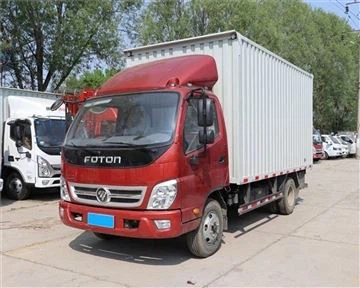
Rear loader garbage trucks are popular in residential areas. They are designed with a rear-loading mechanism that allows for a quick and efficient collection process. Examples include:
- The Freightliner M2 106
- The Isuzu NPR
Side Loader Garbage Trucks
Side loader garbage trucks are ideal for collecting waste from curbsides without requiring the driver to leave the vehicle. They are often equipped with advanced robotic arms to enhance efficiency. Examples include:
- The Volvo FE
- The Peterbilt 220
Compaction Garbage Trucks
Compaction garbage trucks compress waste to maximize storage in the vehicle. While some models might be larger, many under CDL options exist. Examples include:
- The Hino 195
- The Kenworth T270
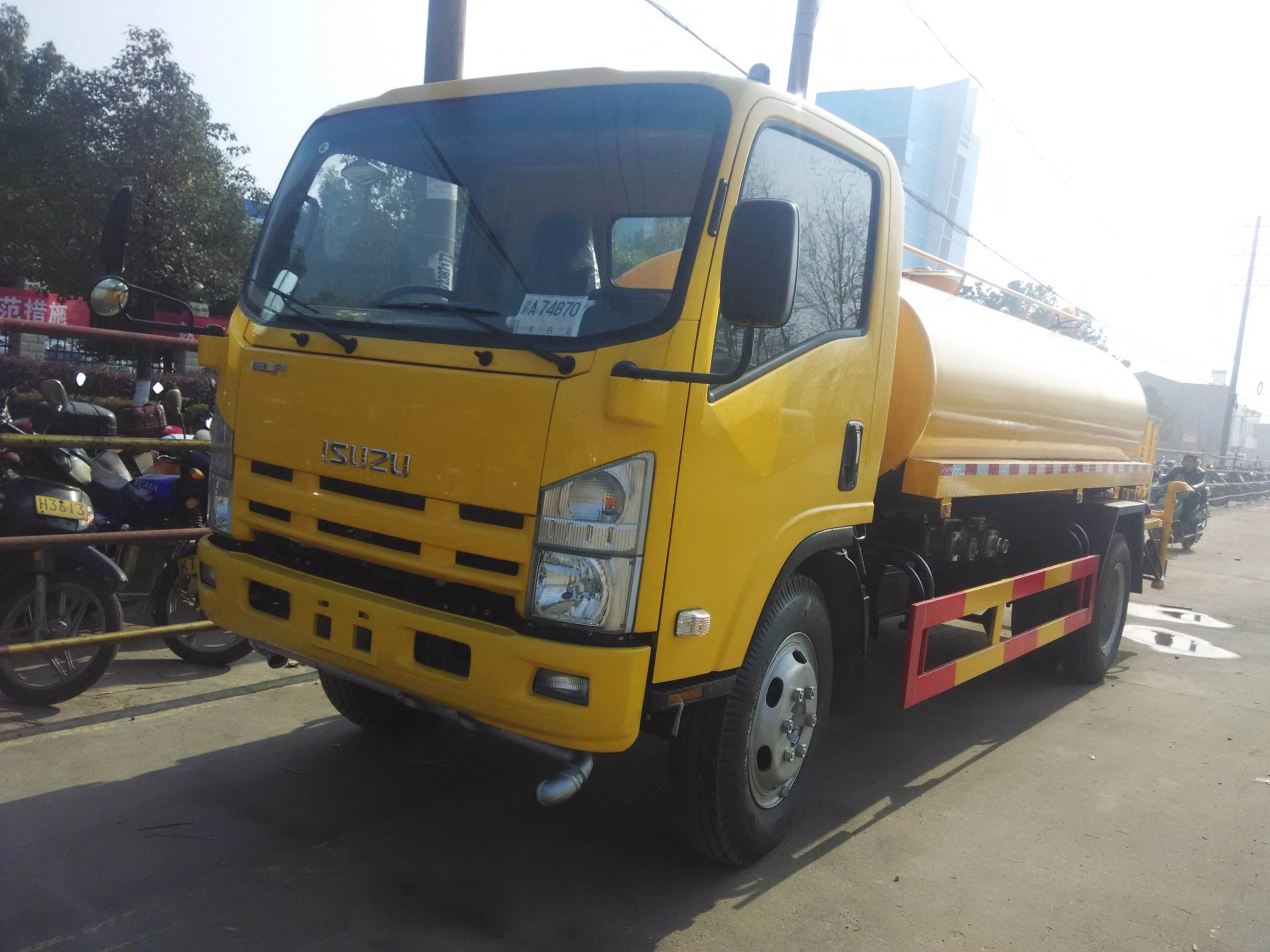
Choosing the Right Under CDL Garbage Truck
Assessing Your Needs
Before purchasing an under CDL garbage truck, consider the following steps:
- Volume of Waste: Estimate the average amount of waste you will collect weekly.
- Type of Waste: Different trucks are designed for different types of waste (e.g., recyclables, yard waste).
- Operating Environment: Evaluate the terrain (urban vs. rural) to determine vehicle specifications.
Budgeting for your Purchase
When budgeting for an under CDL garbage truck, factor in not only the purchase price but also:
- Maintenance Costs: Regular maintenance is key for longevity.
- Fuel Efficiency: Consider the fuel economy ratios for potential savings.
- Insurance Expenses: Gather quotes from multiple insurers to find the best coverage options.
Best Practices for Operating Under CDL Garbage Trucks
Safety Protocols
Safety is paramount in waste collection operations. Here are some best practices to follow:
- Regular Vehicle Inspections: Conduct visual inspections and mechanical check-ups regularly.
- Training for Drivers: Even without a CDL, ensure that drivers receive comprehensive training on safety and waste management protocols.
- Proper Loading Techniques: Train drivers on loading procedures to avoid overloading and ensure balanced weight distribution.
Efficient Route Planning
Efficient routing can lead to significant cost savings. Consider implementing software tools for:
- Optimizing collection routes.
- Reducing fuel consumption.
- Improving time management for driver schedules.
Environmental Impact of Under CDL Garbage Trucks
Sustainable Waste Management Practices
Using under CDL garbage trucks can contribute to sustainable waste management practices. Some practices to consider include:
- Recycling Programs: Implementing recycling initiatives with dedicated trucks.
- Composting: Operating separate trucks for organic waste collection.
- Utilization of Eco-Friendly Vehicles: Investing in electric or hybrid models to reduce carbon footprint.
The Role of Technology in Waste Management
Technology is revolutionizing waste management. Here are examples of how it can enhance operations:
- GPS Tracking: Use GPS to monitor routes and track vehicle efficiency.
- Smart Bins: Smart waste bins equipped with sensors can notify when they are full, optimizing collection schedules.
- Data Analytics: Employ data analysis to forecast waste generation trends to plan adequately.
FAQs about Under CDL Garbage Trucks
1. Do I need a special license to drive an under CDL garbage truck?
No, you do not need a commercial driver’s license (CDL) to operate under CDL garbage trucks, but some states may have specific requirements.
2. What is the typical weight limit for under CDL garbage trucks?
Under CDL garbage trucks generally have a gross vehicle weight rating (GVWR) of less than 26,001 pounds.
3. Are electric under CDL garbage trucks available?
Yes, several manufacturers offer electric or hybrid models, contributing to cleaner waste management solutions.
4. How can I find the right under CDL garbage truck for my business?
Assess your business needs, consider the types of waste collected, and evaluate your budget before making a purchase.
5. What are the advantages of using under CDL garbage trucks for municipalities?
Under CDL garbage trucks offer cost savings, easier accessibility for companies, and can help implement sustainable waste management practices.
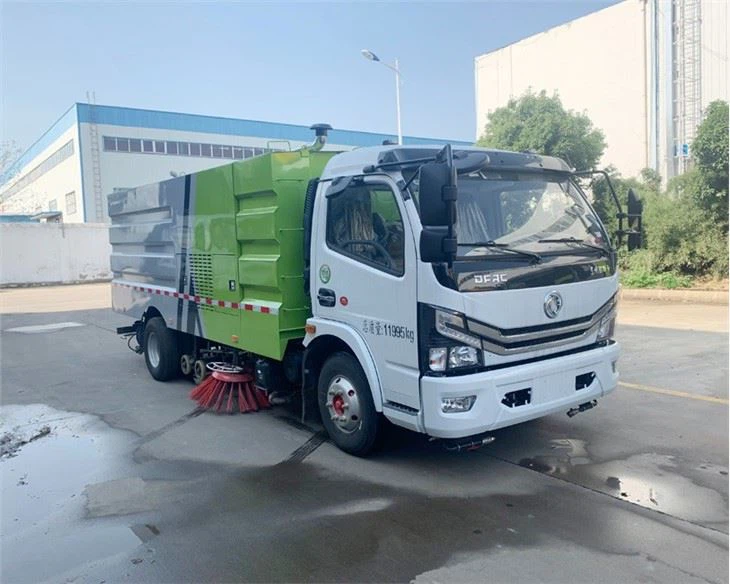
6. Can under CDL garbage trucks be used for commercial waste collection?
Yes, under CDL garbage trucks are suitable for various applications, including residential and commercial waste collection depending on their specifications.
Conclusion
In summary, under CDL garbage trucks represent a viable option for waste management, especially for small businesses and municipal programs. By understanding the regulations, types, and best operating practices, drivers and operators can ensure efficient and environmentally friendly waste collection while navigating the complexities of the industry.



